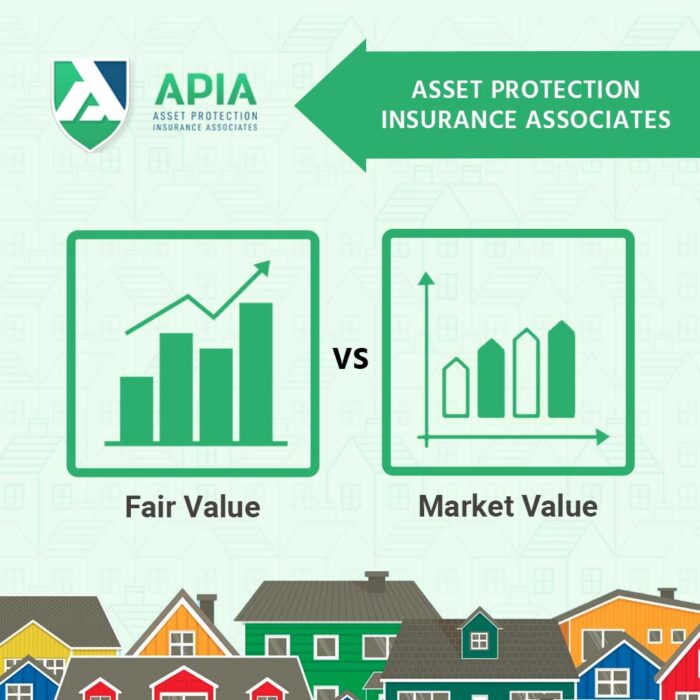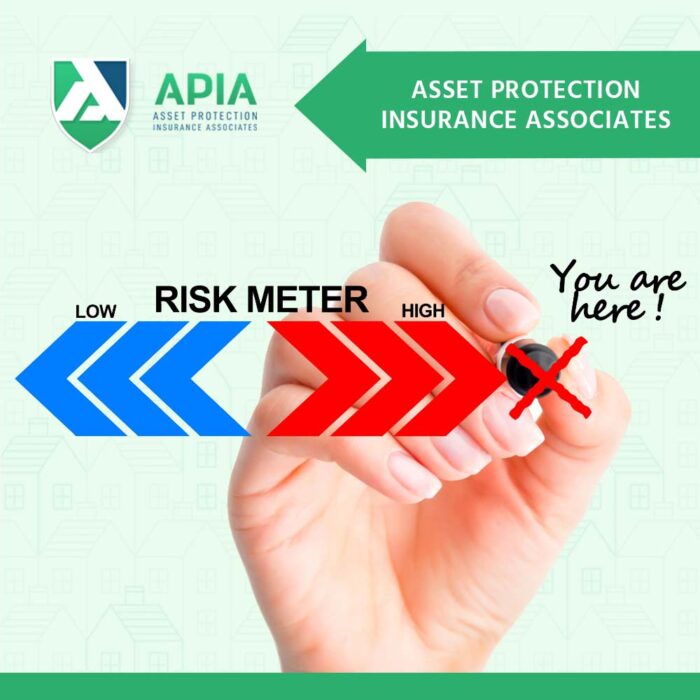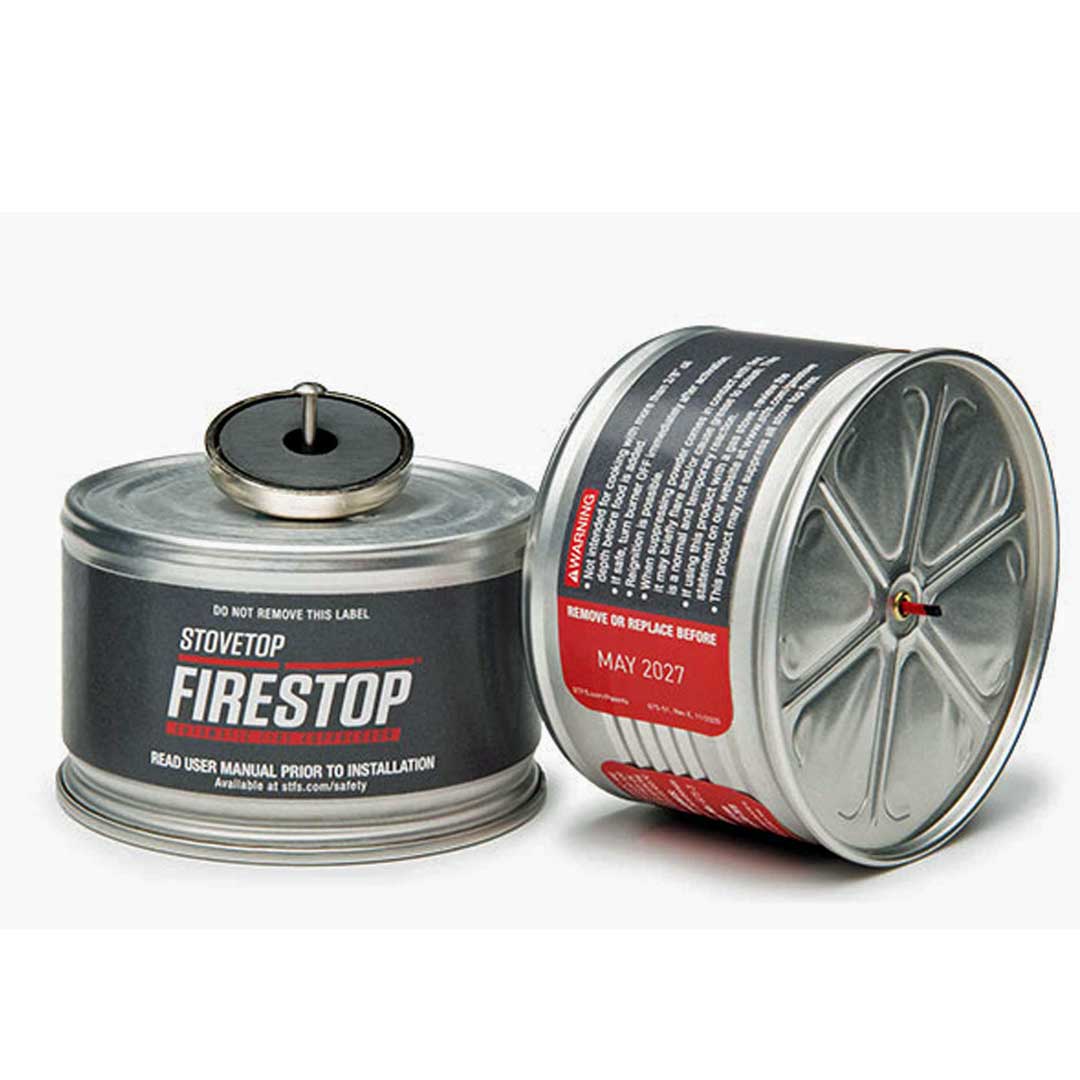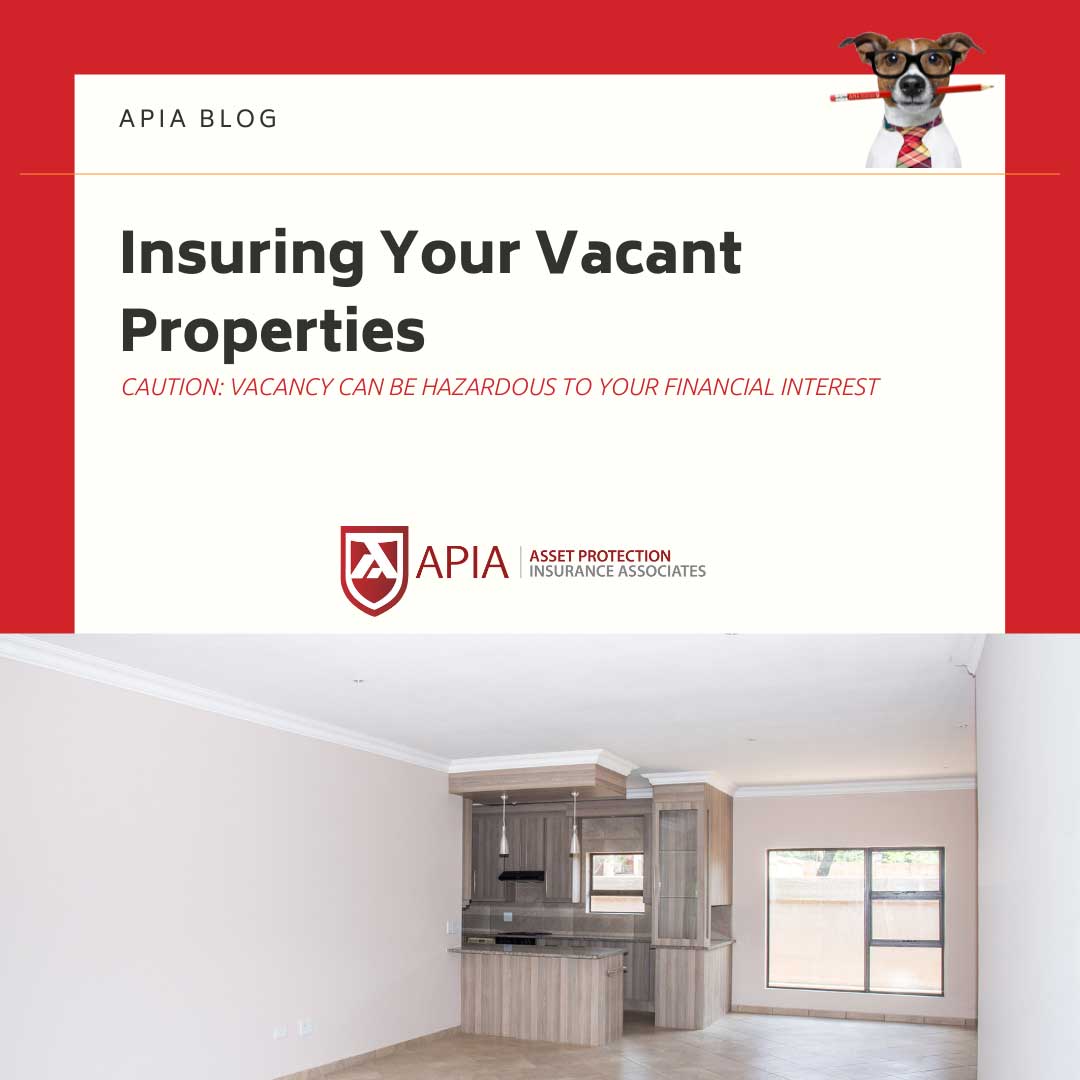
The difference between actual cash value vs replacement cost value can be confusing. Policies can sometimes be difficult to understand, we all know that. ACV, RCV, what does it all
mean? Clarification of the insurance language is important. There are very few people who will read a policy cover to cover and understand what it means. This article is intended to take basic information of property investor insurance and explain what it means to you.
The Unspoken Language, Understanding Actual value vs replacement value
We’ve probably all seen the commercial about the car insurance. You know, the one that goes “your insurance company won’t replace the total value of your new car”. And then the guy says, “you didn’t pick the wrong insurance plan, you picked the wrong insurance company”. Unfortunately, this commercial isn’t telling you the whole story through the guy on the bench. He’s leaving out key information. But, in the disclosure at the end of the commercial, it says, “the insurance company will pay you the full value of your car plus depreciation”. You see how they slipped that word depreciation in there at the end where you weren’t paying attention to it?
So, when you’re talking about cars, it’s true that if you have been driving the car for even a short period of time and then you total it, the value of the car has depreciated. It’s very seldom that you can use something for any length of time and it doesn’t depreciate.
Investors Property Insurance Options
When purchasing property investor insurance, you have a choice. You can select the option of replacement cost value or actual cash value. The definition of each of these terms makes a big difference in premiums. You need to be sure that as an investor of properties, you have an insurance agent that you trust and that will take the time to go over your options and explain what the terms mean for your situation.
Actual value vs Replacement Cost Value
Replacement cost value means what you would pay today to replace that item. So, for example, you are a property investor who rents out your property for monthly income. You have replacement cost value as your insurance coverage. The home catches fire in the kitchen and does damage only to the kitchen area. When you file the claim for the fire, the insurance company will pay you to replace the items that were lost in the fire based on what those items cost today. You would expect to pay higher premiums for this type of coverage.
Actual Cash Value
Actual cash value means what it would cost today to replace that item minus the depreciation. This is very important. Let’s use the same scenario above. One of your rental investments catches fire in the kitchen and you lose the 6-year-old stove, the 10-year-old refrigerator along with 2 cabinets that contain pots and pans and glassware. When you file the claim for the fire and only have actual cash value coverage, your insurance company will calculate the depreciation of all items lost and SUBTRACT that amount from what the items cost today. You would expect to pay lower premiums than replacement cost for this type of coverage.
So, why would someone select the actual cash value option? To pay lower premiums but still have protection from financial disaster. If you are an investor, ask yourself “If I were to have a partial loss on an investment property, what would I do with it? Would I repair it and get it back on the market or would I sell it as is? The answer to this question will help you determine what kind of coverage you should have on your investment property.
APIA has 100 years of combined insurance experience to help investors understand the importance of insurance and how it works for them. If you are a property investor and need a good, trustworthy agent to sit down with, give them a call.








